Dhankuta – A beacon for responsible tourism in Eastern NepalFriday, November 7th, 2025
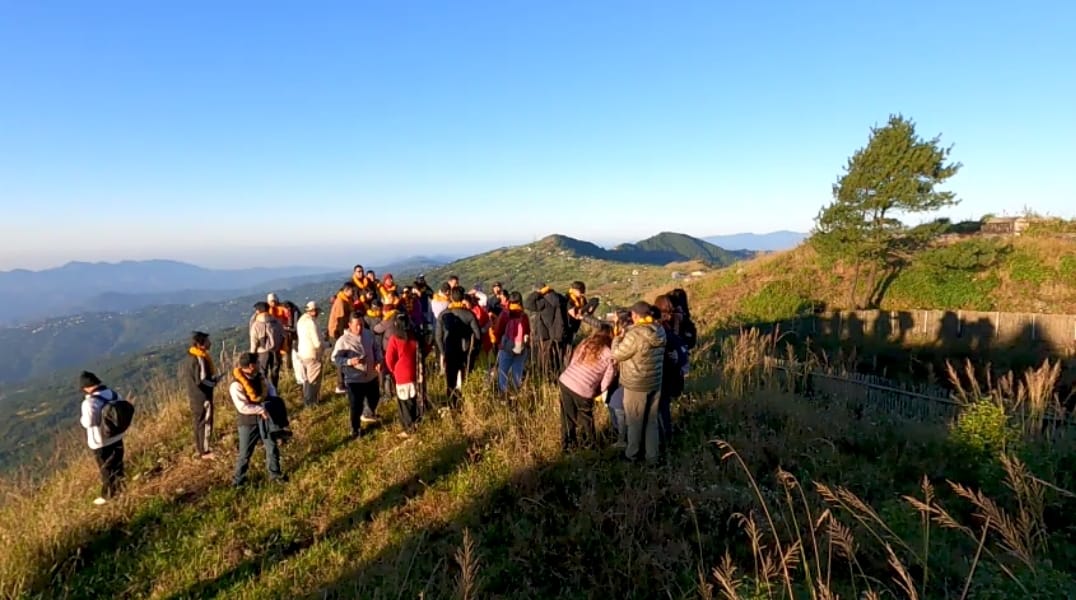
November 5-10, 2025 | Dhankuta
In early November, Dhankuta in Eastern Nepal will resound with the songs and dances of the Aathpahariya and Newa communities, as the hill town celebrates its rich community and cultural diversity during the annual Mangsire and Kopche Heritage Festival.
This six-day festival is centred around the traditions of Dhankuta’s Indigenous groups, offering visitors a unique experience through a mix of traditional stories, heritage walks through sacred forest trails, and local cuisine and crafts. The event marks the culmination of a three-year-long effort to feature Eastern Nepal on the ‘responsible tourism’ circuit.
Shradha Shrestha, Senior Manager at Nepal Tourism Board and National Project Coordinator of Sustainable Tourism Project (STP)- a joint project of Nepal Tourism Board and UNDP Nepal said, “Those looking for an immersive and truly Nepali experience can also live it through slow tourism options like those available in Dhankuta. However, there is an added layers that’s not on offer with other destinations where visitors get a grounding in culture, heritage, and climate.” She highlighted that the NTB-UNDP Sustainable Tourism Project promotes responsible tourism through capacity building, eco-friendly infrastructure, inclusive enterprises, and climate-resilient approaches, selecting Dhankuta as a model destination for sustainable development.

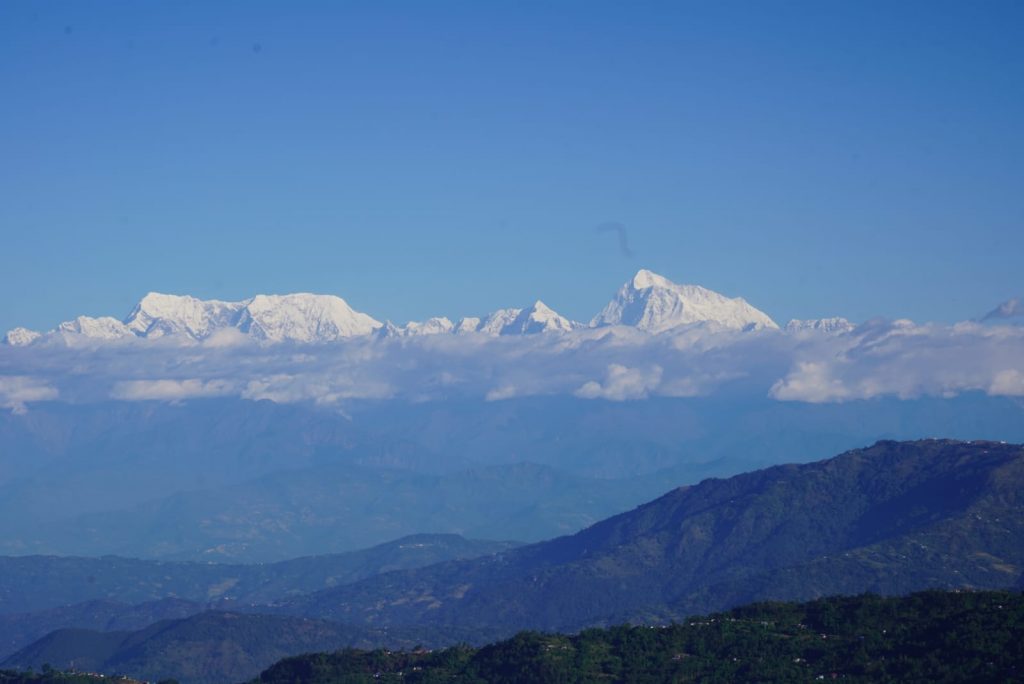
Responsible tourism promotes travel that benefits local people, protects the environment, and preserves local heritage and culture. Dhankuta, like many other towns in the mid-hills of Nepal and across the Hindu Kush Himalaya, is facing the triple planetary crisis of biodiversity loss, pollution, and climate change – especially regarding changes to the hydrological cycle through extreme rainfall, floods, and droughts, presenting complex challenges to communities.
Responsible tourism offers an opportunity for economic growth for vulnerable groups in mountain regions where there are limited livelihood opportunities and growing outmigration. The initiative shown by the Dhankuta Municipality has resulted in the town taking up alternative livelihood opportunities in the form of responsible tourism packages.
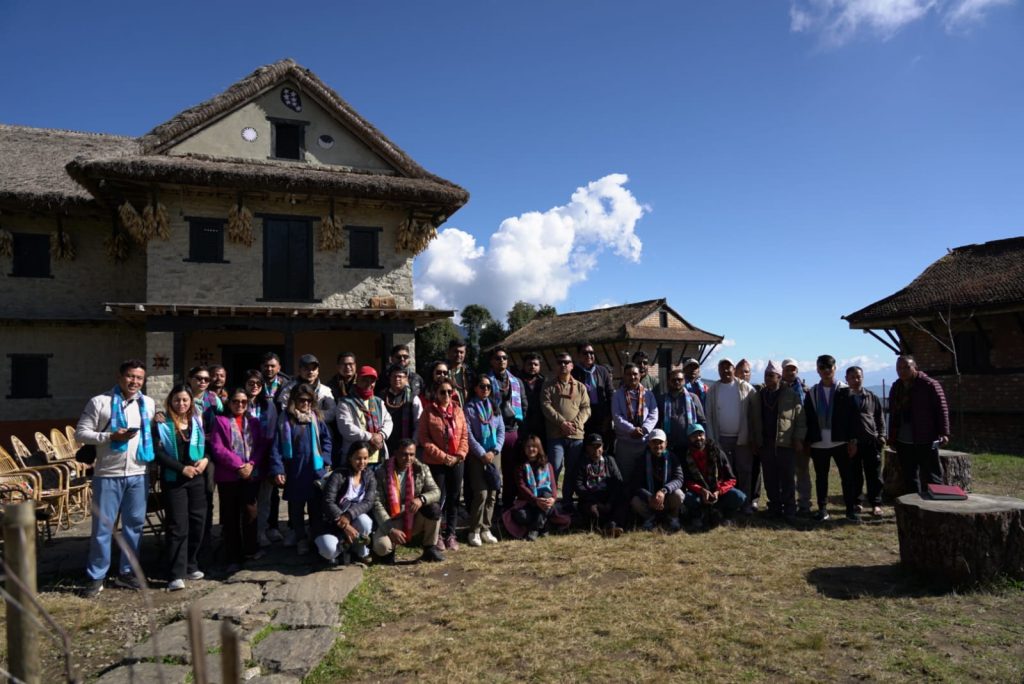
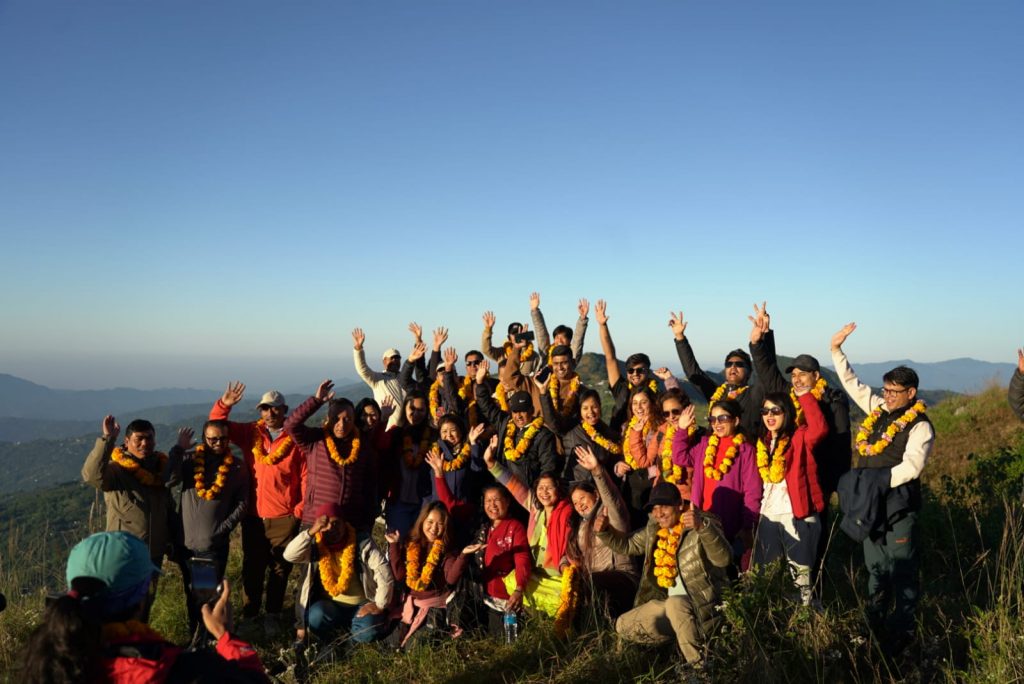
As Chintan Tamang, Mayor of Dhankuta Municipality, said: “Through responsible tourism, rooted in our rich cultural and ecological diversity, we are not only inviting the world to discover this unique destination, but also empowering our communities to thrive.
Together with our partners, we are building a future where responsible tourism can uplift lives and sustain nature in Dhankuta.”
The responsible tourism packages were designed by the local communities, in collaboration with social enterprise firm, Community Homestay Network (CHN), and the International Centre for Integrated Mountain Development (ICIMOD), and aim to preserve local practices while addressing water scarcity in the area. To combat drying springs – the community’s main source of water – this work includes recharging the springs and aquifers around Dhankuta by digging trenches and creating artificial ponds to catch rainwater.
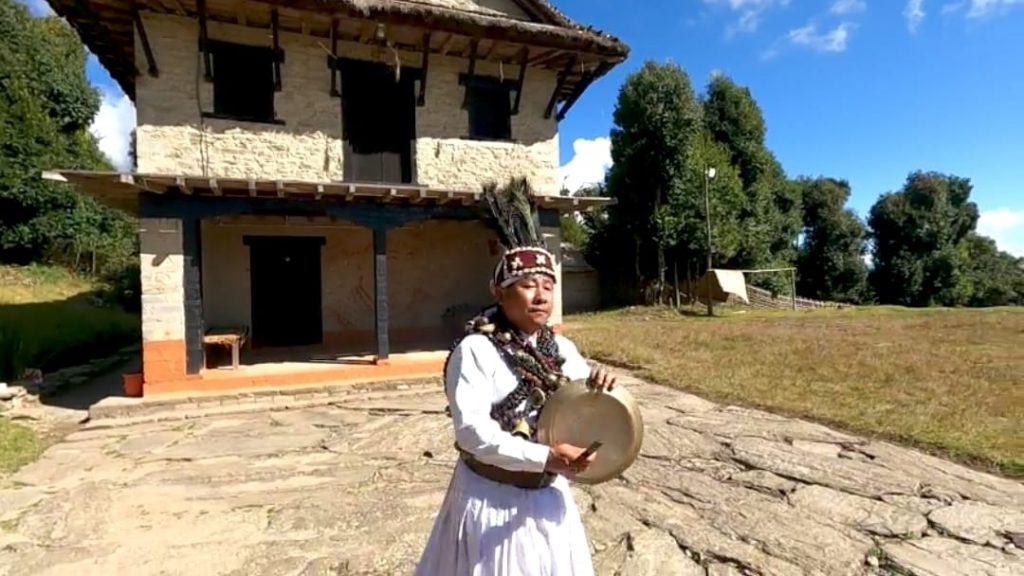
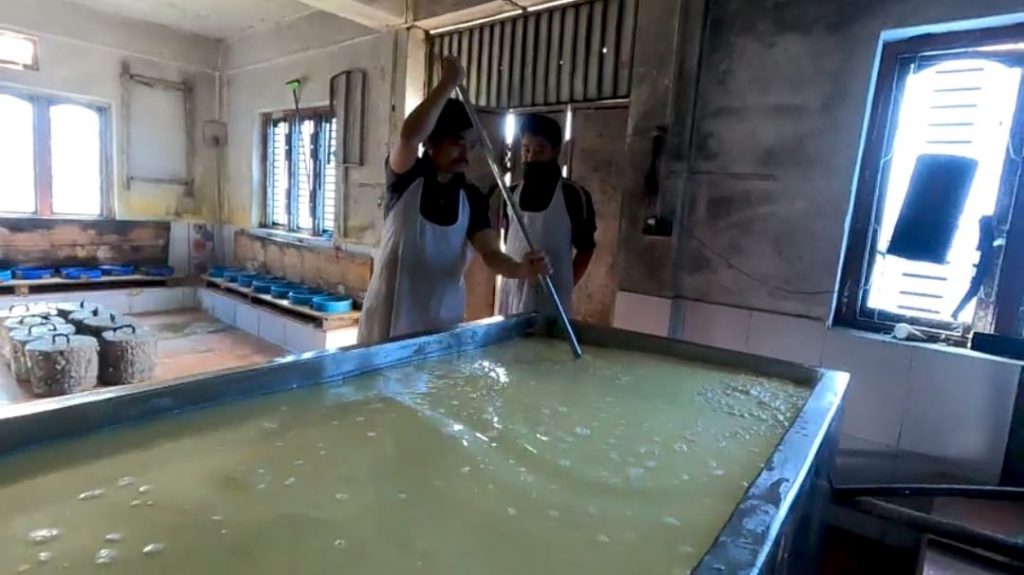
Aayusha Prasain, CEO, CHN, says, “As a project partner we have steeped ourselves in Dhankuta’s traditions to understand why this destination deserves a different treatment.
The revival festival is not just a means of preserving heritage, but as travellers coming to Dhankuta will also become aware that it supports a truly unique model of livelihoods with its homestays and water conservation measures.”
This collaboration is part of a four-year project, ‘Building capabilities for green, climate resilient and inclusive development’ (HI-GRID), which focuses on reducing the risks linked to ‘too much and too little’ (TMTL) water. Especially with changing monsoon patterns, Nepal and much of the Hindu Kush Himalaya is prone to facing either excess or scarce water, presenting critical challenges to the wellbeing of communities dependent on this water for their livelihoods. HI-GRID is being carried out by ICIMOD with support from the Australian Government.


Saswata Sanyal, Project Coordinator for HI-GRID, ICIMOD, said: “Our aim is to work alongside community members to co-develop a holistic model for long-term climate action. The vulnerabilities faced by the Aathpahariya, including the growing challenge of water scarcity, mirror those experienced by millions of people across the Lower Koshi basin. This underscores the imperative for solutions that are not only locally relevant but are fundamentally sustainable and responsible in ensuring access to vital resources like water.”
Dhankuta’s festival is co-organised by the local communities, Chhathar Jorpati Rural Municipality, Community Homestay Network, Dhankuta Municipality, Digo Bikas Institute, HUSADEC, Kitant Aathpahariya Samaj, Kopche Punarjagaran Aviyan, Nepal Tourism Board, and Smart Paani.
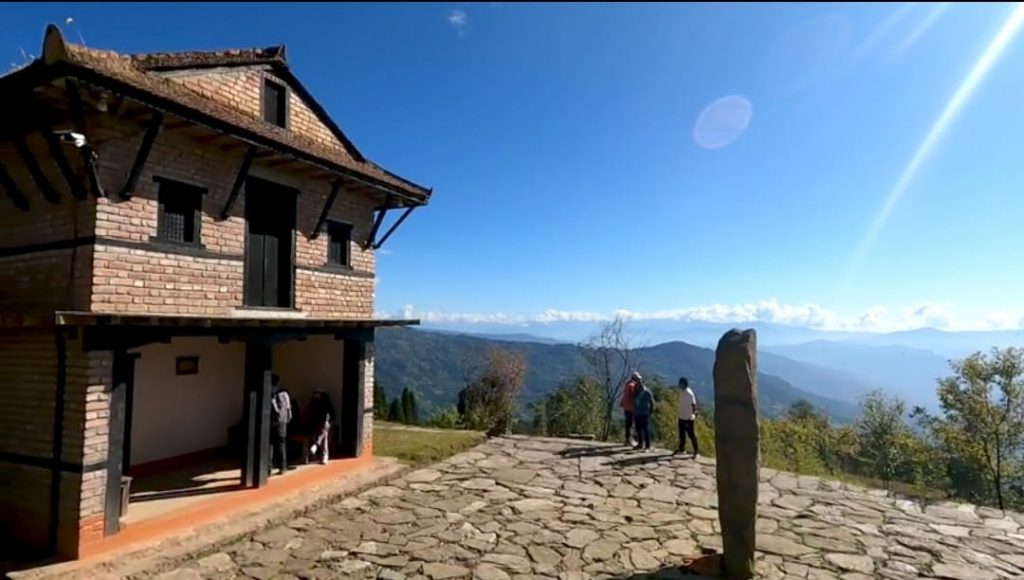
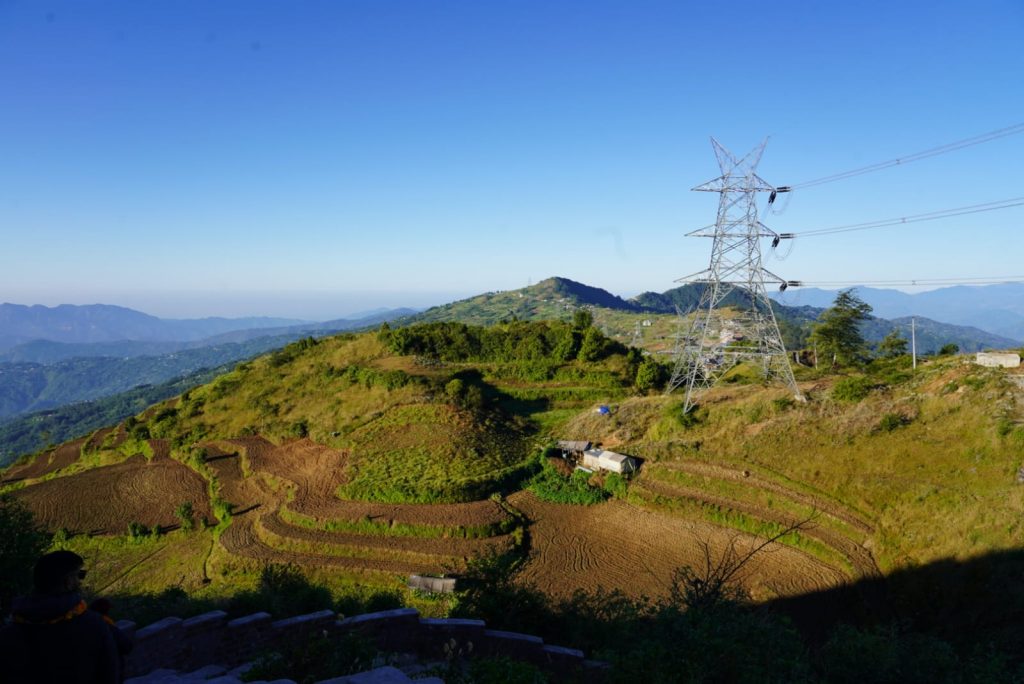
Acknowledgements:
This work is being carried out with the support of ICIMOD’s HI-GRID project in the lower Koshi river basin in Nepal, where responsible tourism is closely linked to watershed management to tackle
‘too little’ water issues and to create alternative livelihood opportunities in Dhankuta. HI-GRID is supported by the Australian Government and implemented by the International Centre for Integrated Mountain Development (ICIMOD). Responsible tourism is being implemented in Dhankuta in collaboration with the Dhankuta Municipality, Chhathar Jorpati Rural Municipality, CHN, Smart Paani, and HUSADEC.
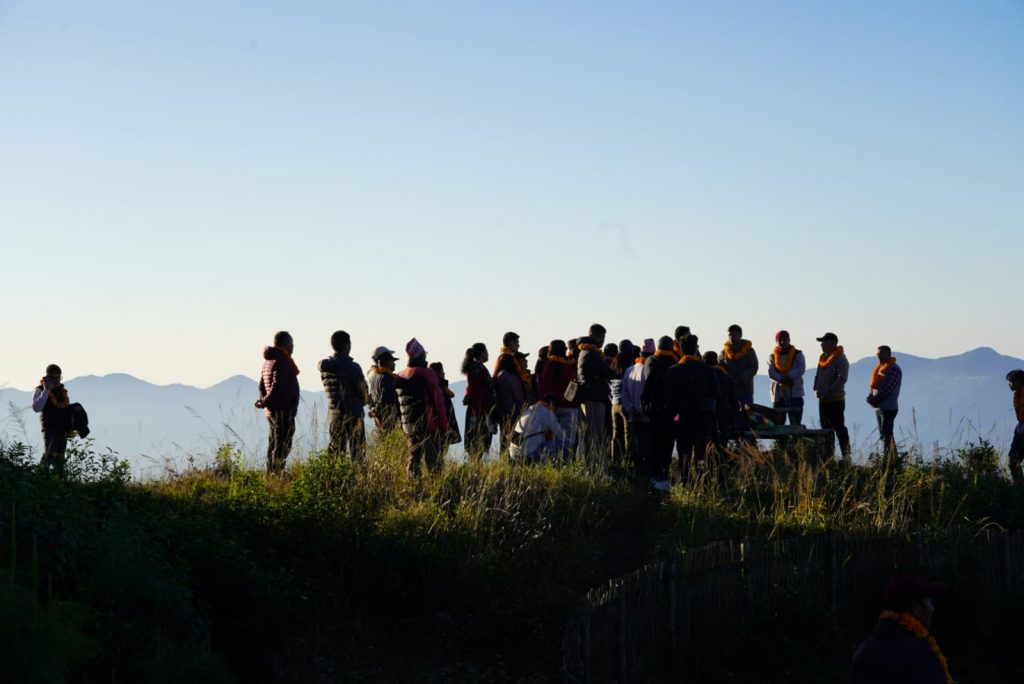
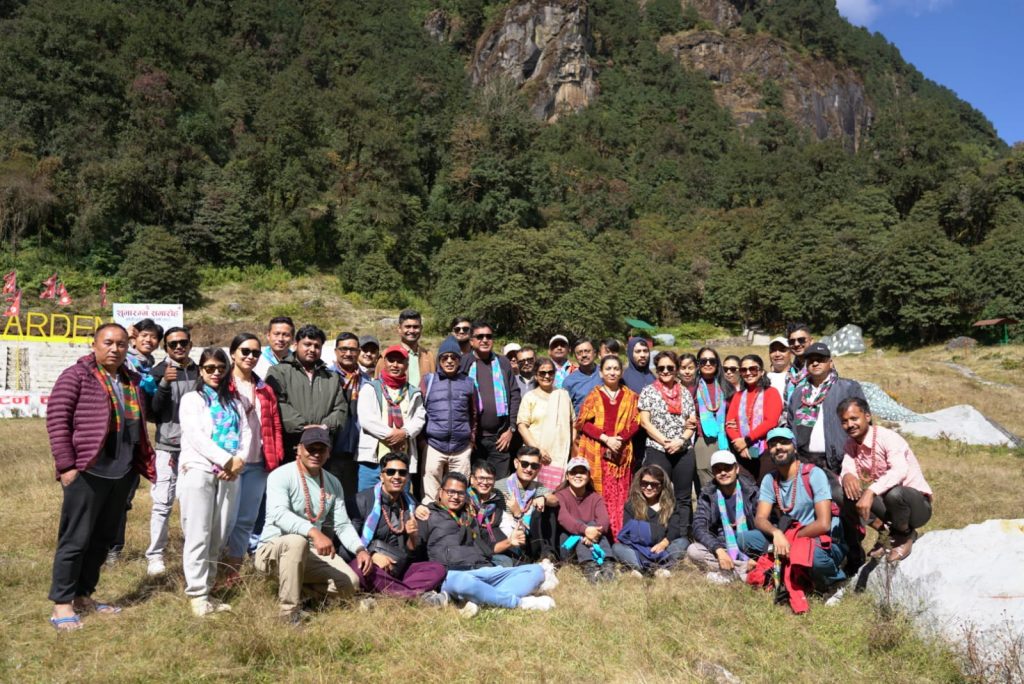
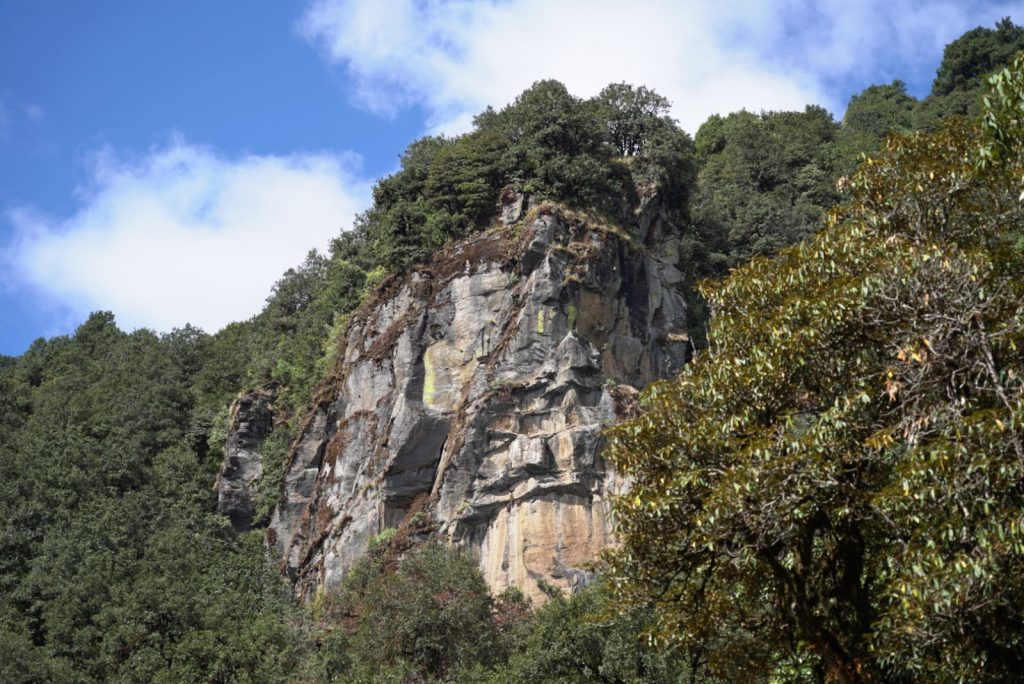
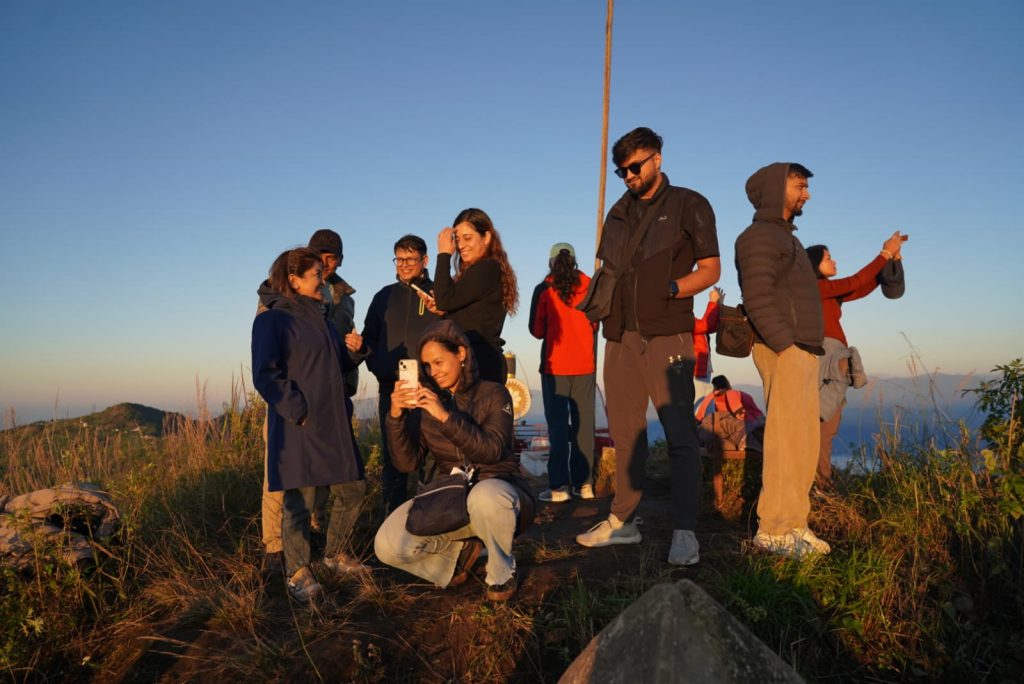

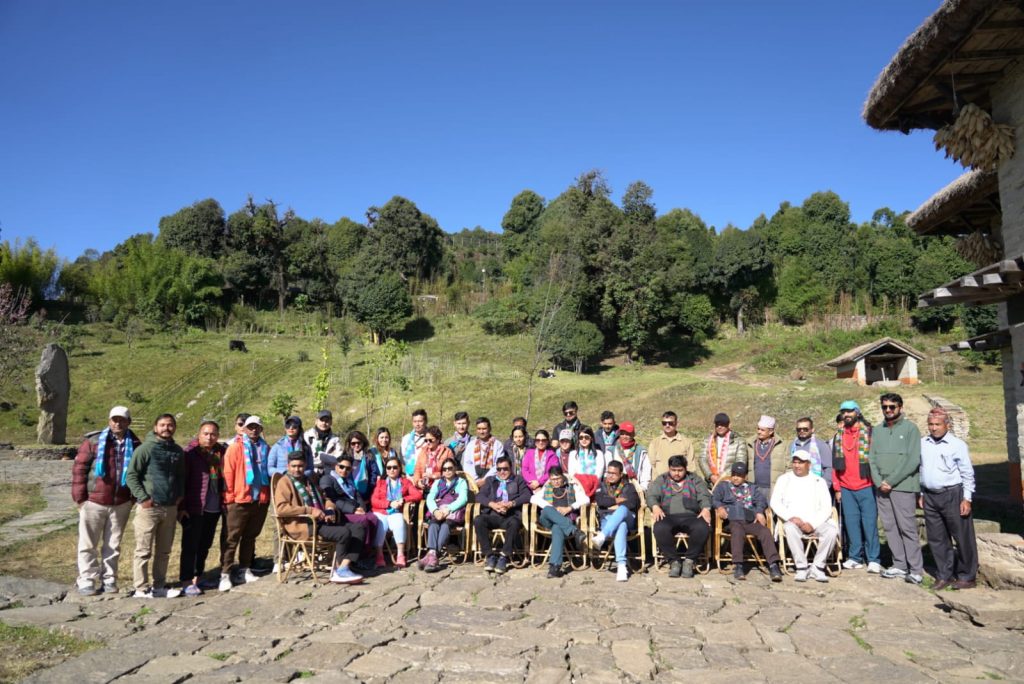
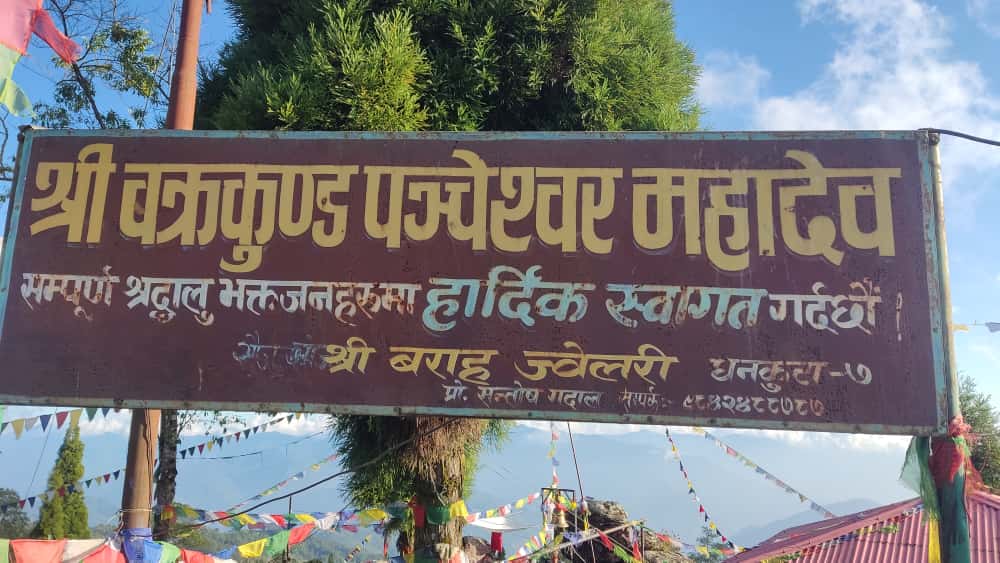
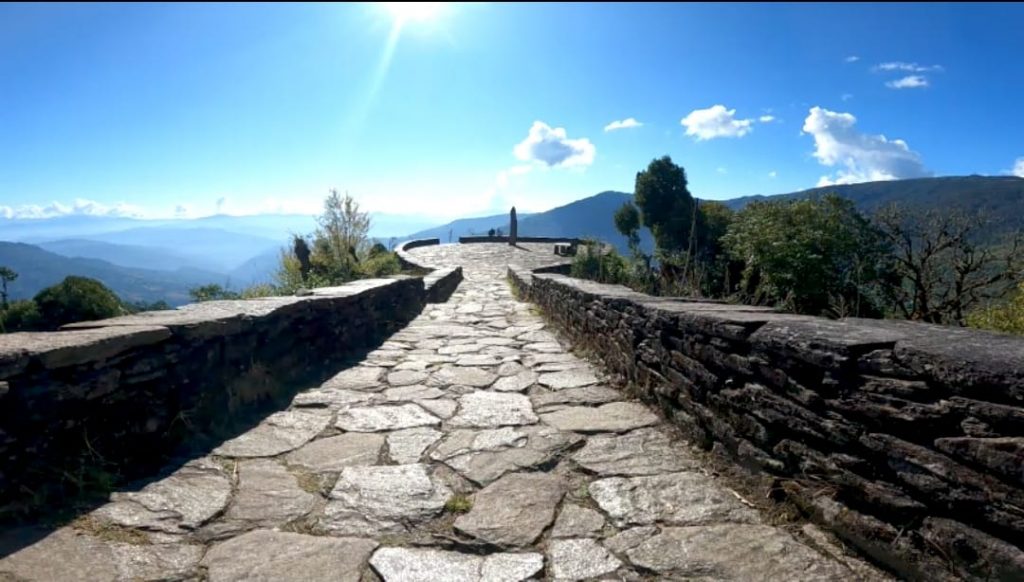
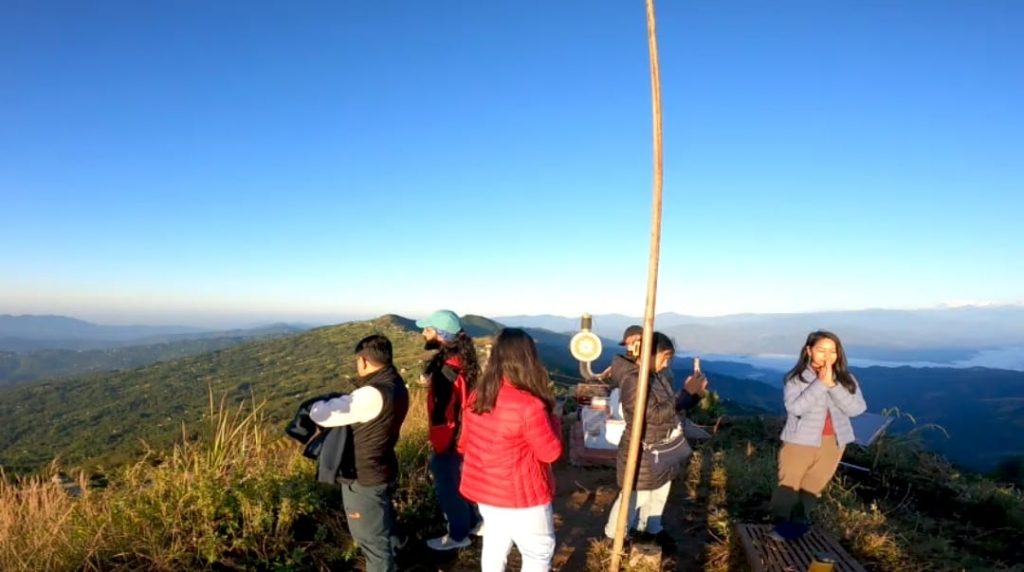
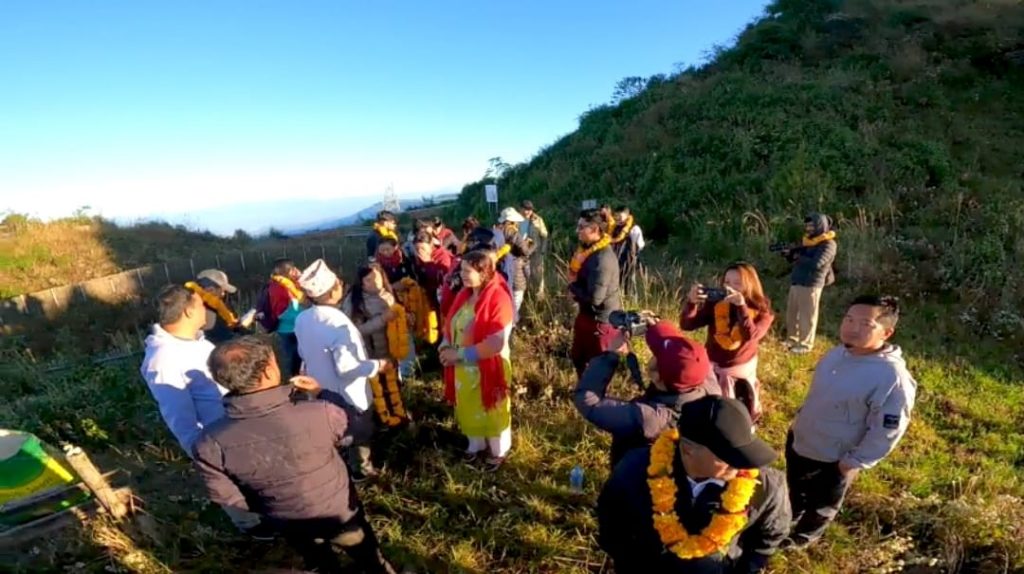
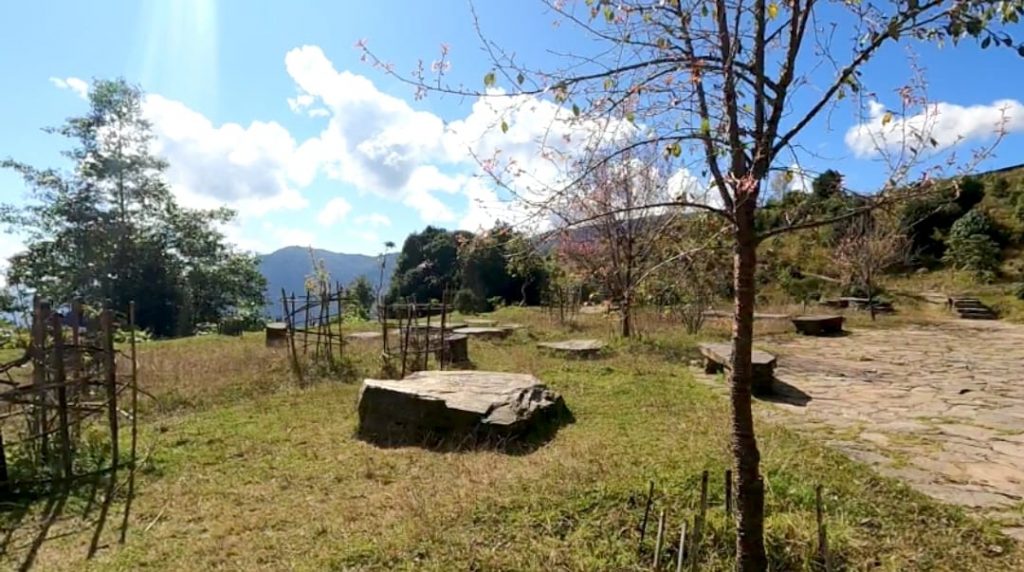
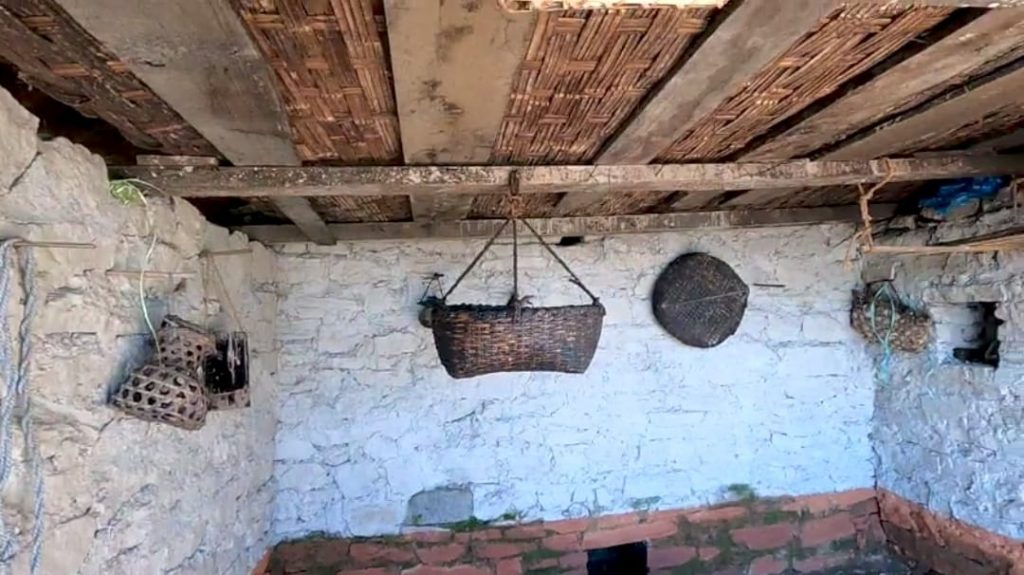
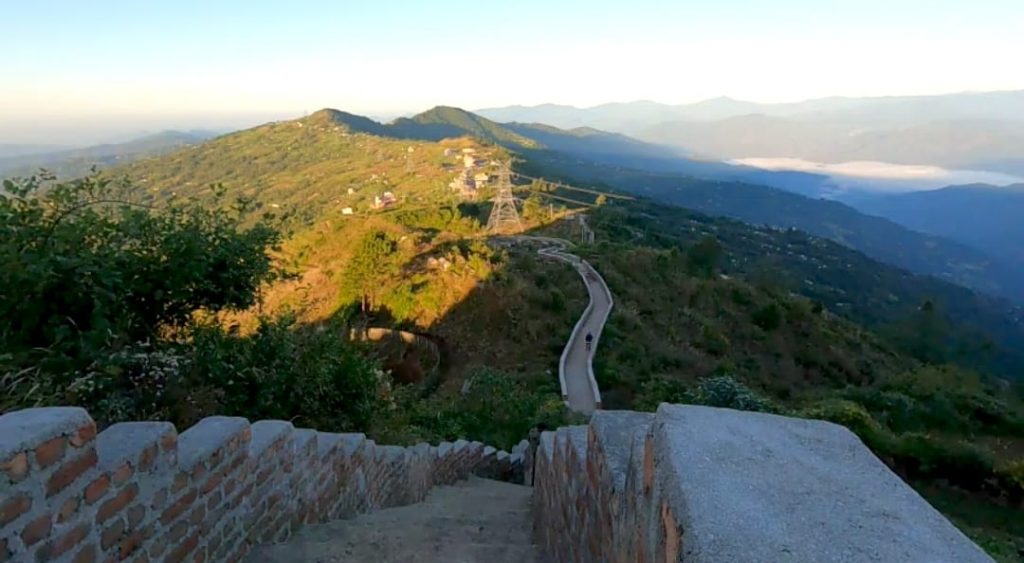
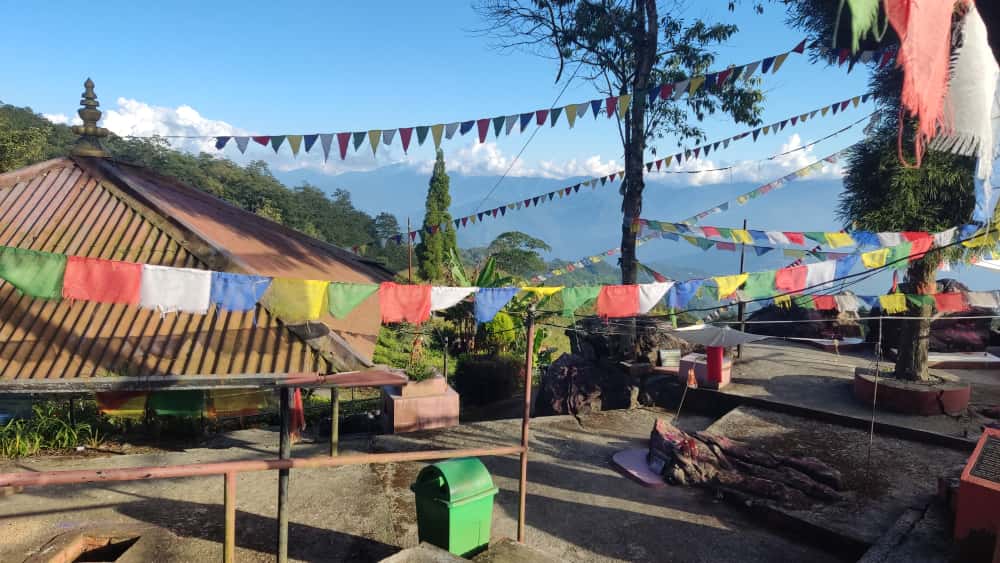

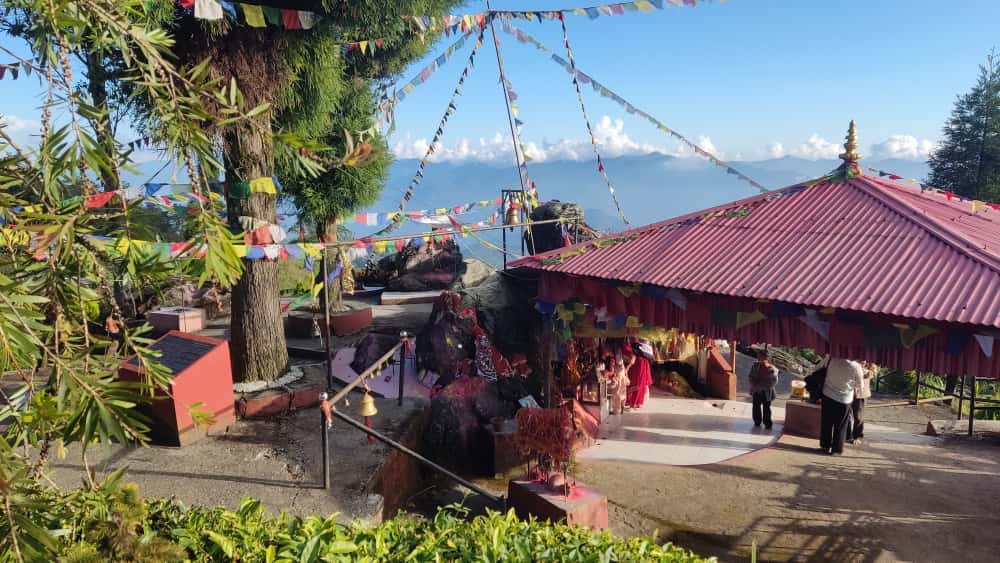
Download
Photos / Maps / Brochure ...- • CustomGallery
- • Visa Recommendation
- • Protocol
- • NTB bylaws and procedure
- • Enlistment Files
- • Placemat Designs
- • COVID-19 Safety & Hygiene Protocol for Tourism Industry
- • Forms
- • Curriculum & References
- • Booklets / Brochures
- • Logo
- • Map
- • Mountaineering in Nepal
- • Multimedia
- • Nepal Tourism Statistics
- • NTB Budget
- • Photos
- • Presentation / Documentaries / Montage
